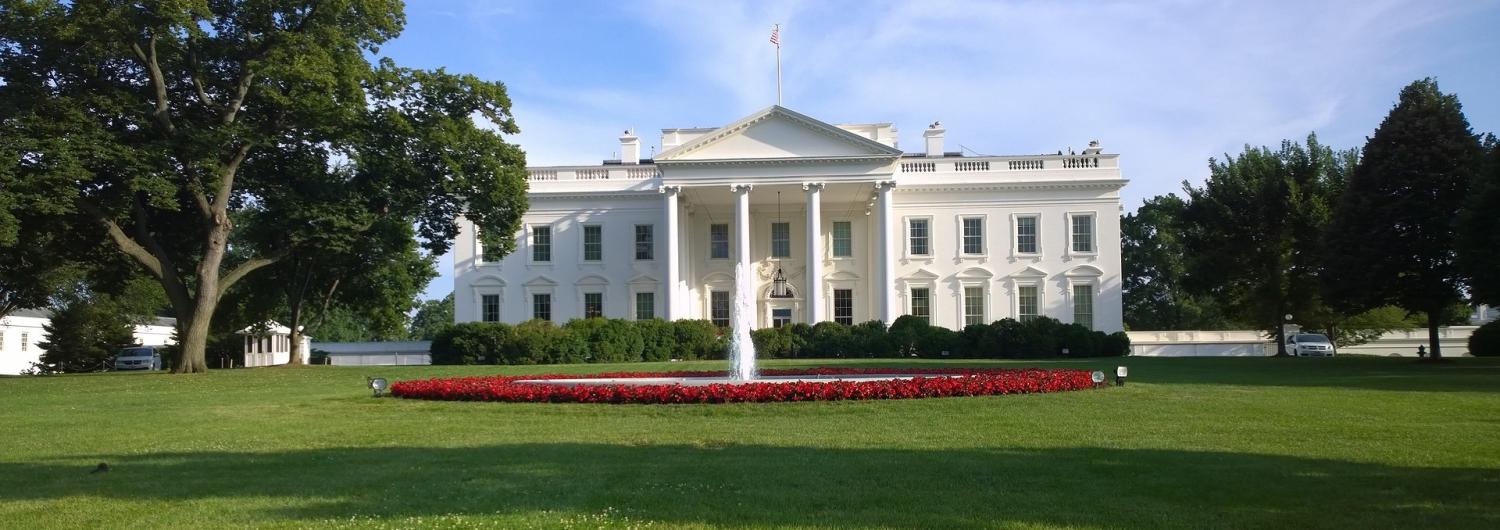What a mess.
Less than a month in and the Trump administration is reeling from the forced resignation of national security adviser Michael Flynn. The ostensible reason: holding inappropriate phone conversations with the Russian ambassador during the transition period and deceiving the vice president and other senior White House officials about what was said.
The crisis, however, may be just beginning. Even some Republican politicians are calling for a thorough investigation of Flynn’s contacts with Vladimir Putin’s Russia before and after the presidential election. The FBI is also probing possible broader links between Russia and the Trump campaign.
The situation is recalling for some the Watergate scandal that brought down Richard Nixon more than four decades ago. The key questions then about the president were: 'What did he know and when did he know it?'
According to the Washington Post, the acting attorney general told the White House counsel last month that Flynn had lied about the nature of his conversations with Sergey Kislyak on 29 December and thus might be vulnerable to Russian blackmail. Yet Trump did not force Flynn to go until the story leaked late last week.
Flynn is said to have urged Russia not to respond to new sanctions imposed by the Obama administration to punish Moscow for its interference in the US elections. Flynn, however, denied this until the leaks appeared about the conversations, which were recorded during routine intelligence surveillance of the Russian envoy.
Although the Trump administration has made Flynn the fall guy, it strains credulity to assume that Flynn was freelancing when he suggested to Kislyak that the incoming Trump administration might ease sanctions imposed on Russia dating to its annexation of Crimea and military intervention in eastern Ukraine. After all, President Trump has consistently praised Putin, going so far as to suggest a moral equivalence between the Russian’s murder of opponents and the victims of US foreign policy.
Flynn’s ties to Russia have long been a source of concern in Washington, where a rare bipartisan consensus exists behind a tough posture toward Moscow. Flynn appeared on the Russian propaganda channel RT and attended a dinner in Moscow in 2015 where he was seated next to Putin.
In the brief time he was in office, the retired three-star general also attracted criticism for poor judgment and a lack of management skills – the same flaws that led to his being fired by the Obama administration as head of the Pentagon’s Defense Intelligence Agency.
There is real animus between Flynn and the US intelligence community that undoubtedly helped motivate the leaks about his phone calls to the Russian ambassador. Trump has also antagonised intelligence professionals by denigrating their performance and trying to minimise their findings that Russian agents hacked Democratic party computers and shared embarrassing emails with Wikileaks.
The Flynn firing comes at the beginning of only the fourth week of the Trump presidency – a period that feels much longer.
It would be charitable to call the administration’s performance uneven. While the White House has managed several visits by foreign leaders and a Supreme Court nomination reasonably well, other actions have led to chaos and real harm for ordinary people.
The most grievous self-inflicted wound was a ban on travel to the United States by citizens of seven mostly Muslim nations – an executive order that has now been temporarily overturned by the courts. The mere fact of the order – which was not adequately vetted in advance by US agencies and cabinet departments - has further damaged the US image abroad and undermined counter-terrorism efforts.
While Trump has succeeded in getting his cabinet secretaries through the Republican majority Senate, there are glaring gaps in most departments in senior-level ranks and reluctance on the part of many mainstream veterans of prior Republican administrations to serve such a dysfunctional White House.
Even if Flynn is replaced by a more competent and mainstream figure -- top candidates include retired vice admiral Bob Harward and retired general and former CIA director David Petraeus -- dangerous ideologues remain, especially Stephen Bannon, a top advisor to the president, who shares Flynn’s Islamophobic world view.
On the positive side, Trump has been obliged to retreat to US foreign policy orthodoxy on key matters such as recognising the 'one China' policy – a requirement before he could hold a phone conversation with Xi Jinping. Trump has reaffirmed the US alliance with Japan and his well-respected Defense Secretary, James Mattis, has reassured South Korea.
Vice President Pence is headed to Brussels to express support for the European Union, which Trump has denigrated. After the Flynn debacle, there appears to be no chance in the near future of any sanctions relief for Russia while it continues to occupy Crimea.
But it is clear that the process of building coherent strategies to deal with domestic and foreign policy concerns is going to take longer than many have hoped. Trump is fulfilling campaign promises to be a great disrupter but whether he can serve American interests better than his predecessor remains very much in question.
Photo: MotionStudios CCO Public Domain

